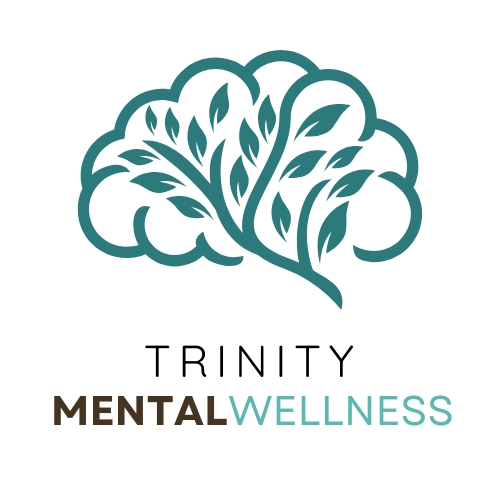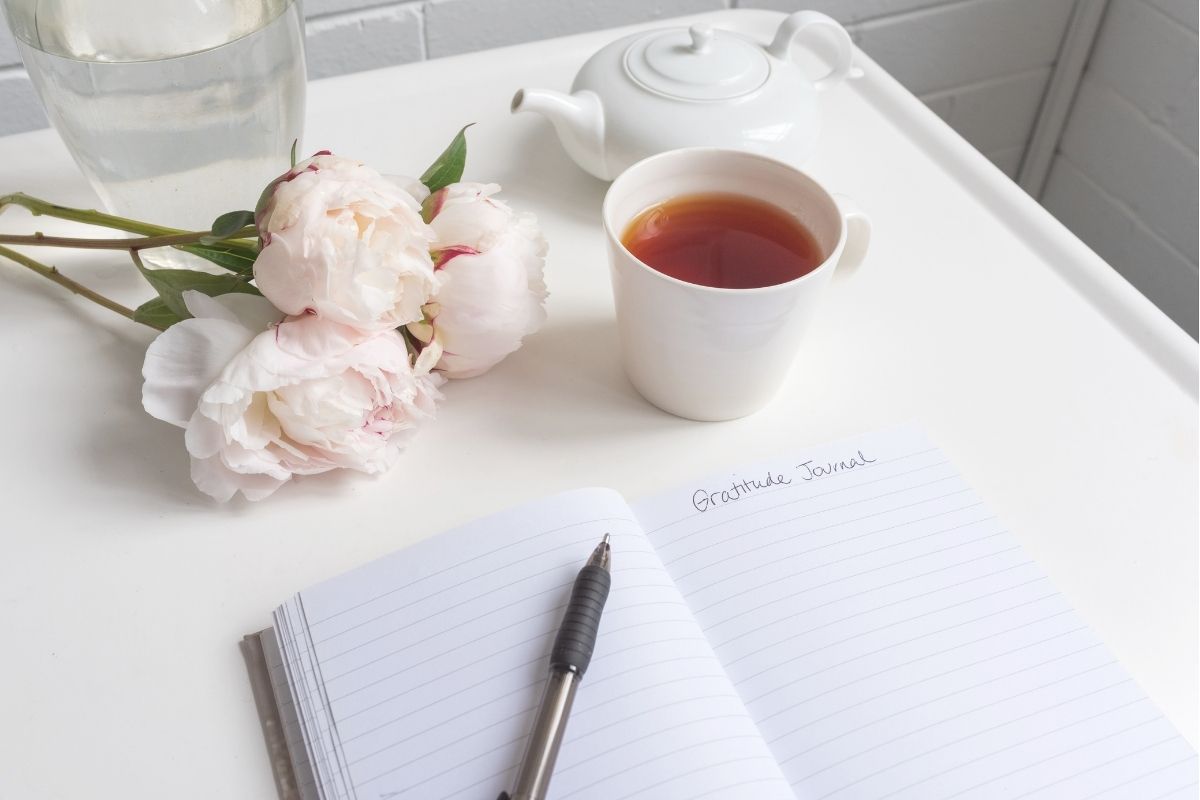If you’re looking for an easy way to feel better, think clearer, and manage stress—boost mental health with journaling. It’s not just for poets or teens with secret diaries. Journaling is for everyone—yes, even you, busy bee! It’s a fun, personal, and surprisingly powerful way to take care of your mental health.
Whether you’re curious about starting or have already scribbled a few pages, this guide is packed with simple tips, creative prompts, and a splash of motivation to help you fall in love with journaling.

Getting Started with Journaling: Tips for Beginners
First things first—boost mental health with journaling doesn’t mean you have to write ten pages a day or have fancy notebooks. You don’t need perfect grammar or a poetic soul. All you need is you, a pen, and a few minutes of quiet.
Start small. Set aside just five minutes a day to write down what’s on your mind. You could jot down how your day went, what you’re grateful for, or even what you’re anxious about. The key here is to write honestly. No one’s grading you—this is your safe space.
Pick a time that fits your routine. Mornings are great for setting intentions, while evenings help you reflect and unwind. But really, there’s no wrong time to write.
Still unsure where to begin? Try journal prompts like:
- What’s one thing that made you smile today?
- What’s something you’re struggling with right now?
- What do you wish you could say to someone but haven’t?
Remember, the goal is progress, not perfection. You’re simply learning how to be more in tune with yourself—and that’s a huge win.

The Benefits of Daily Writing: How Journaling Helps Process Emotions
Now, let’s talk about the magic behind this simple habit. When you boost mental health with journaling, you give your mind a break from carrying everything around all day.
Writing things down helps you process emotions instead of bottling them up. Feeling stressed, angry, or overwhelmed? Put those feelings on paper. It’s like unloading heavy bags after a long trip. You’ll feel lighter, clearer, and more balanced.
Journaling also helps you understand your emotions. When you see your thoughts written down, you might spot patterns—like how Mondays always make you anxious or how talking to a certain person always lifts your mood.
It’s also great for tracking progress. On hard days, reading old entries can remind you how far you’ve come. Maybe a problem that once felt huge is now solved—or you simply handle stress better.
And let’s not forget the confidence boost. Writing every day builds discipline, gives you purpose, and shows you that you’re doing something kind for yourself.

Creative Journaling Ideas: Making Journaling Fun and Therapeutic
Bored of writing “Dear Diary” every day? Don’t worry—journaling doesn’t have to be repetitive or dull. In fact, making it fun is one of the best ways to boost mental health with journaling.
Try bullet journaling, where you combine lists, doodles, and short notes. It’s super visual and helps you stay organized too. Or explore art journaling—draw, paint, or collage your thoughts instead of writing them. It’s both soothing and expressive.
Love a good challenge? Do a 30-day journaling prompt adventure. Each day, answer a new question or complete a fun list like “Things that make me laugh” or “My dream vacation.”
Use colorful pens, washi tape, or stickers. Decorate your journal like it’s your personal happiness scrapbook. Not only is it creative, but it makes you look forward to your journaling time.
Don’t forget music playlists, scented candles, or a cozy corner—turn journaling into your self-care ritual. You’re not just writing; you’re recharging your soul.

How to Overcome Writer’s Block: Tips for Staying Motivated with Journaling
Everyone gets stuck sometimes—even seasoned journalers. So, how do you push past the “I have nothing to write” stage? Here’s how to stay motivated and boost mental health with journaling even when the words won’t flow.
First, ditch the pressure. Don’t expect every entry to be deep or poetic. Some days, a few messy sentences are all you need.
Try changing your environment. A new spot—like a café, park bench, or even your backyard—can spark fresh thoughts.
Use prompts on tough days. Keep a list of go-to questions or fun themes. You can also write about a favorite memory, a dream you had, or what you’d do with a million dollars.
And if writing feels like a chore? Try voice journaling—record yourself talking instead. Or use a journaling app with reminders and mood tracking.
The most important thing is consistency, not quantity. Journaling is like mental stretching. Some days it’s a full workout, other days just a light warm-up—and both are totally okay.
Final Thoughts
You don’t have to be a writer, therapist, or guru to boost mental health with journaling. Just start. A few honest words a day can help you feel more grounded, more present, and more connected to your inner self.
So grab that pen—or open your notes app—and let the journaling magic begin. Your mind will thank you, and your heart will too.
Related Posts
How To Manage Stress In Your Busy Life
How to Journal: A Detailed Beginner’s Guide to Therapeutic Writing and Drawing


One thought on “Boost Mental Health with Journaling”